Sorry I missed yesterday. I was too tired. Which I guess is fitting for this episode.
Synopsis
During a cargo exchange, the Enterprise picks up a stowaway from a penal colony/mental hospital. They capture the fugitive and discover that he's Dr Simon van Gelder, one of the staff psychiatrists. He's pretty deranged, and winces in pain whenever he tries to talk about the colony.
The Enterprise returns, but McCoy insists Kirk investigate. Kirk beams down with a psychologist, Dr Helen Noel, and gets a tour. Everything seems to be in order, except for a strange treatment room.
Spock mind melds with van Gelder—the first time that power is used—and discovers the treatment room is a "neural neutralizer." It empties the subject's mind completely, which makes them tremendously suggestible.
Kirk asks Noel to demonstrate the neutralizer by using it on him, but midway through the facility director, Dr Tristan Adams, catches them and implants his own suggestions: Kirk loves Noel and would destroy his career for her. Nonetheless, Kirk has Noel sabotage the colony's power supply, which lets Spock beam down.
Adams gets caught in the neutralizer, alone, and dies of loneliness. Van Gelder apparently ends up in charge of the facility. The Enterprise sails away.
Commentary
The 60s coined the expression, "insanity is a sane response to an insane world." Which is to say, psychiatry was a pretty controversial topic at the time. As for the expression, there's some truth to it, but only some.
I referenced The Prisoner in the last commentary, and I'm gonna do it again. Its version of this episode was called "A Change of Mind," and... really you should watch that instead. "Dagger of the Mind" isn't bad, but Patrick McGoohan pulls this premise off in a way Shatner just can't.
Anywho, both of them are based on the same idea: that the "goal" of psychiatry is to eliminate the individual, in order to make humanity a bunch of crude automata subservient to social order. This is why The Prisoner is more pointed, since its social order is completely deranged. Star Trek had to make a megalomaniac psychiatrist, while The Prisoner just needs The Village.
There's another thing I'll reference more and more, a book called The Eden Express by Kurt Vonnegut's son Mark. You see, Mark Vonnegut was a hippie, and after a bad trip, his schizophrenia manifested. Today I think his condition would be called bipolar schizoaffective disorder, but whatever, it was called schizophrenia at the time.
Being a good hippie, Vonnegut initially believed that axiom about insanity, and he and everyone around him learned the hard way that it isn't true. But it is a hard line to draw, isn't it? Vonnegut's illness was debilitating, but our insane world still causes depression and anxiety, things the DSM-V classifies as trauma- and stressor-related disorders.
Even taking the view that mental illness is something that negatively impacts your life, you're the one who's supposed to change. It's all a bit like Arthur Dent and Ford Prefect trapped on a Stone Age Earth with a bunch of middle managers, while "What a Wonderful World" plays in the background.
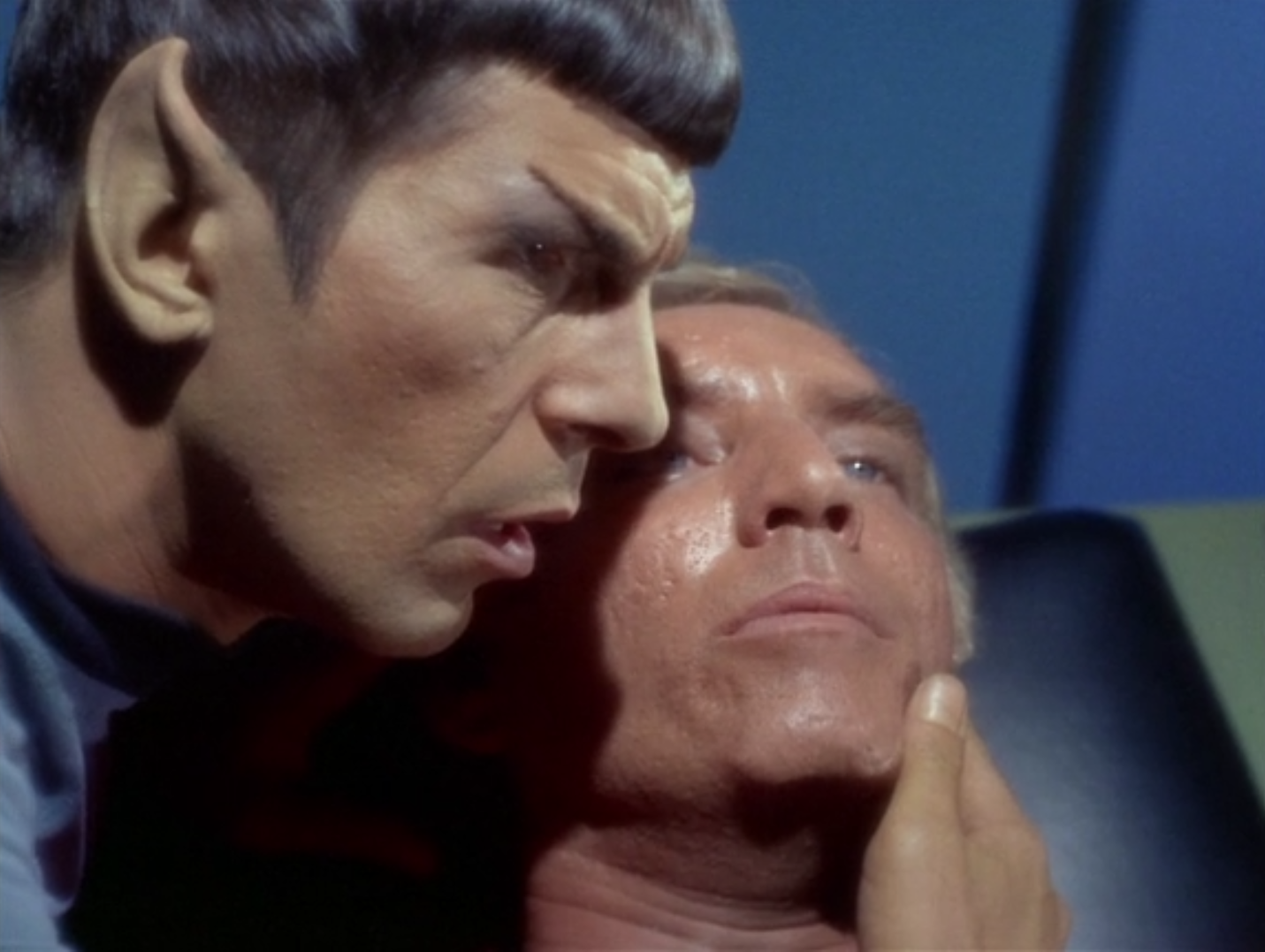

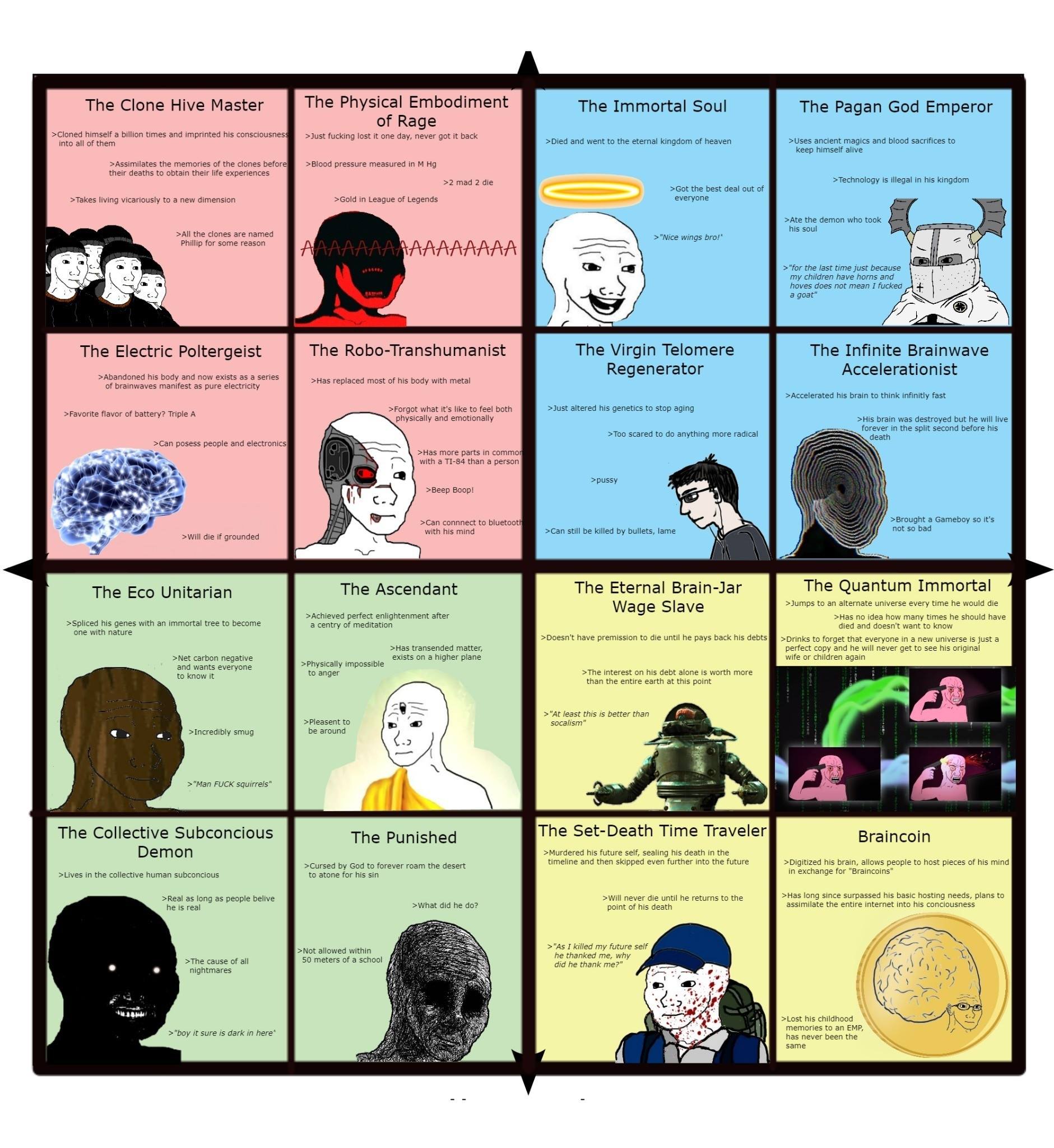

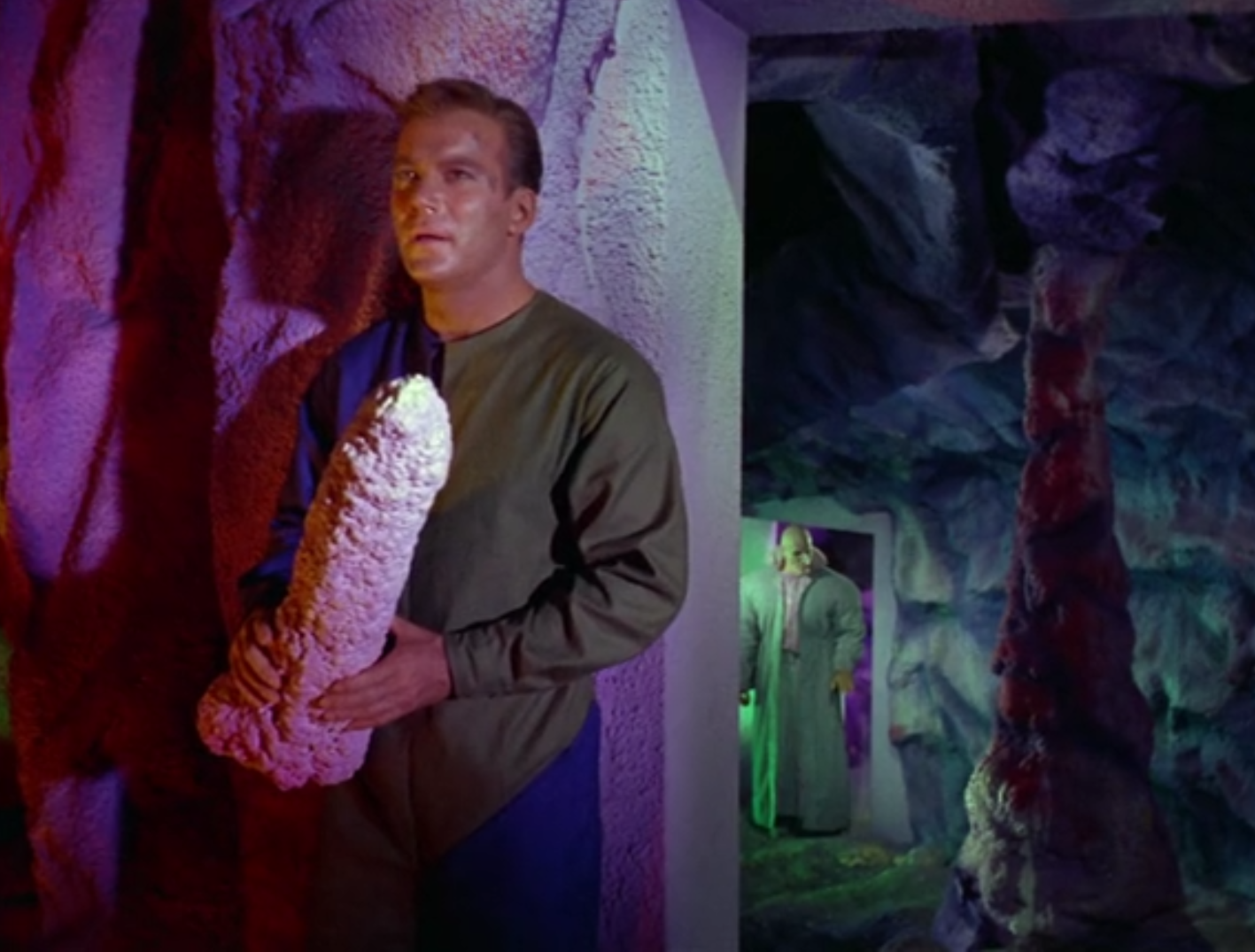

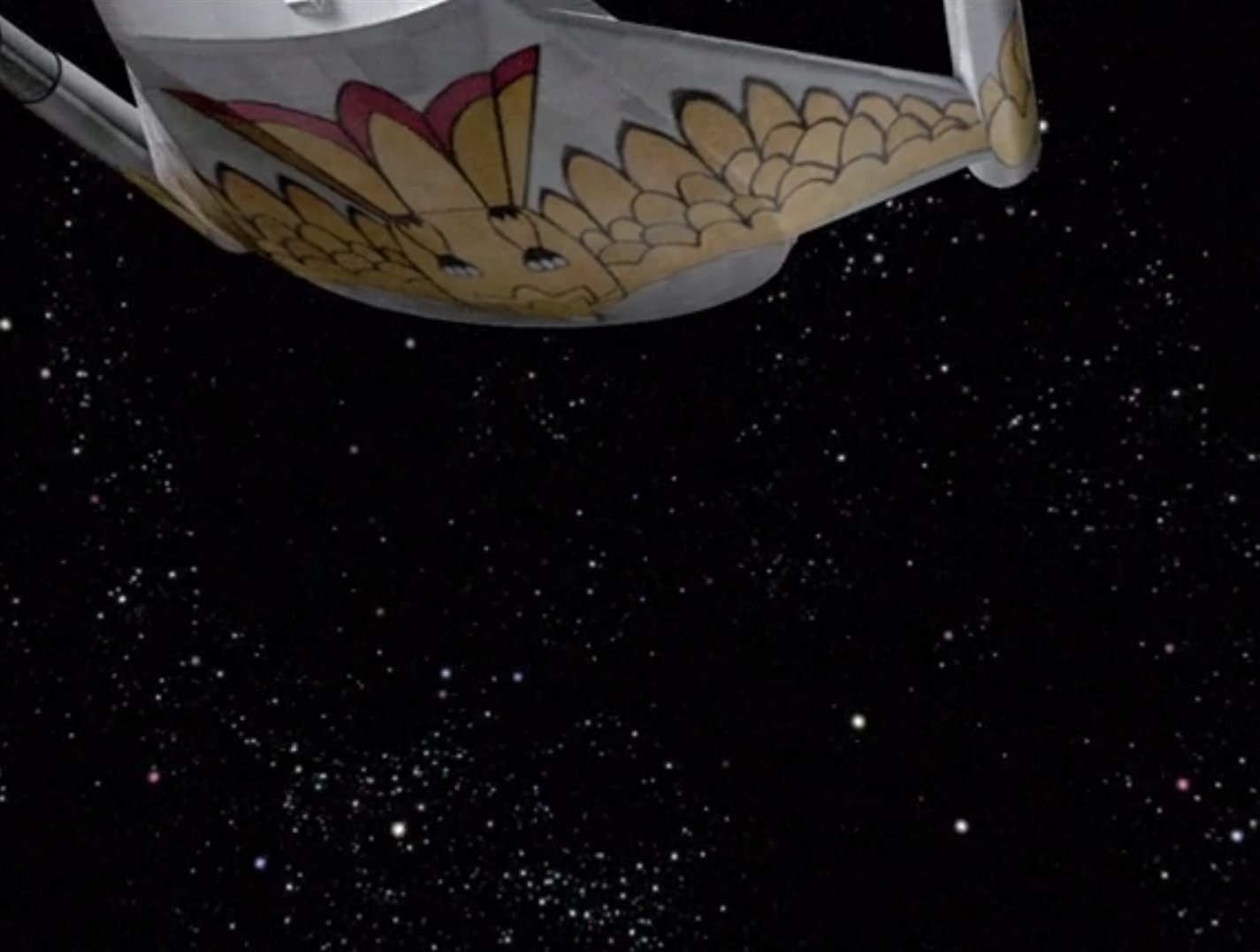

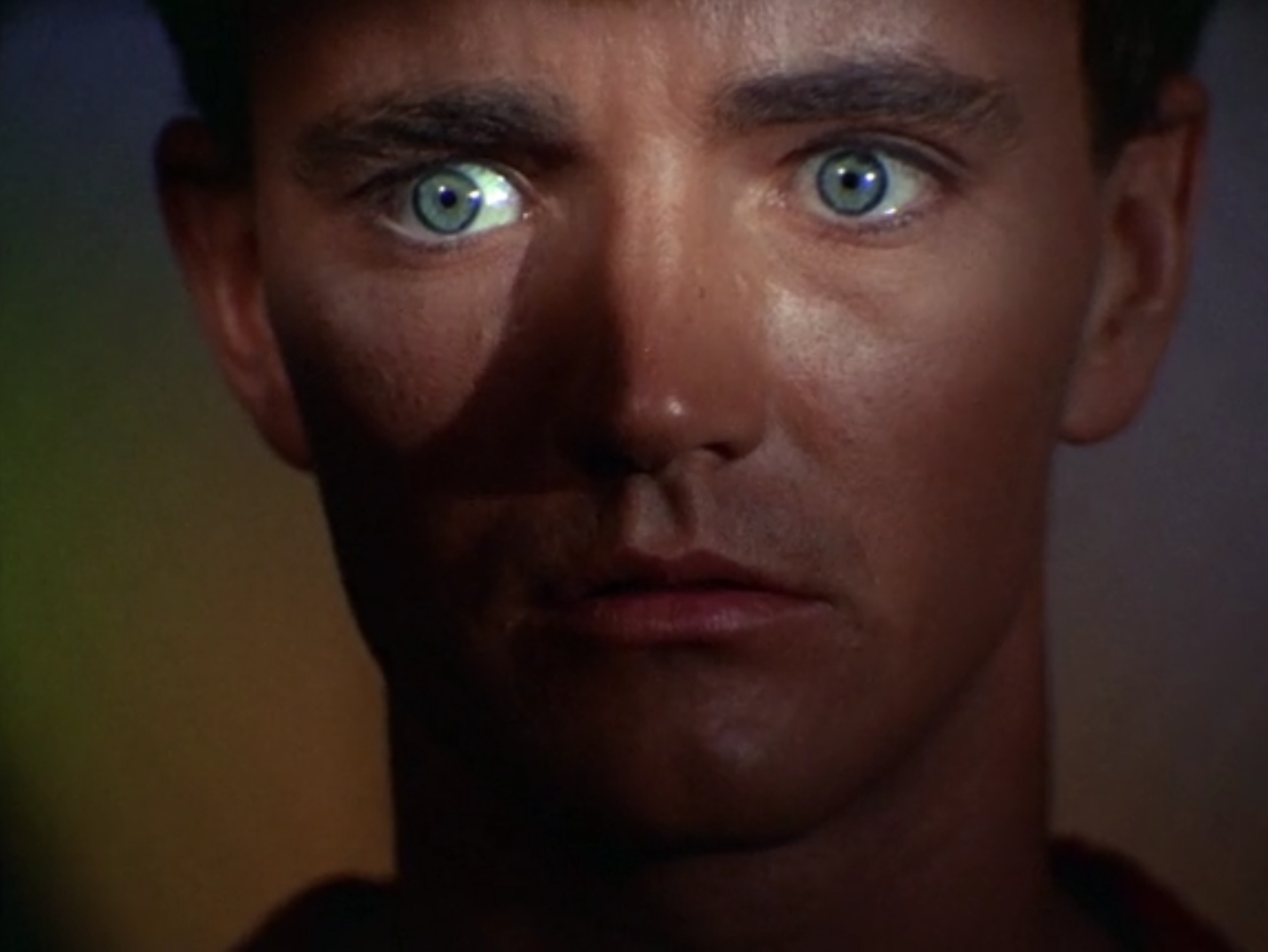
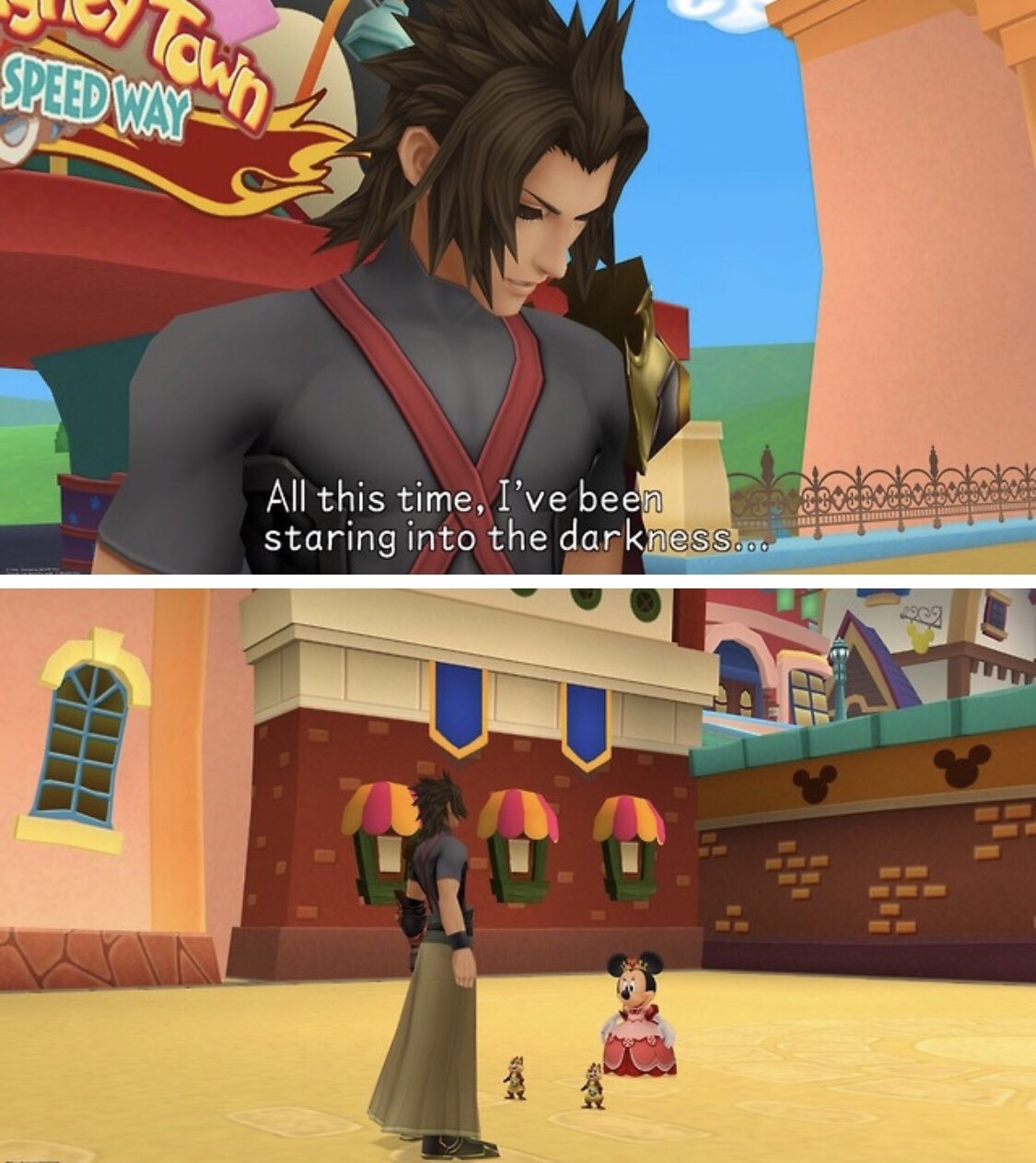
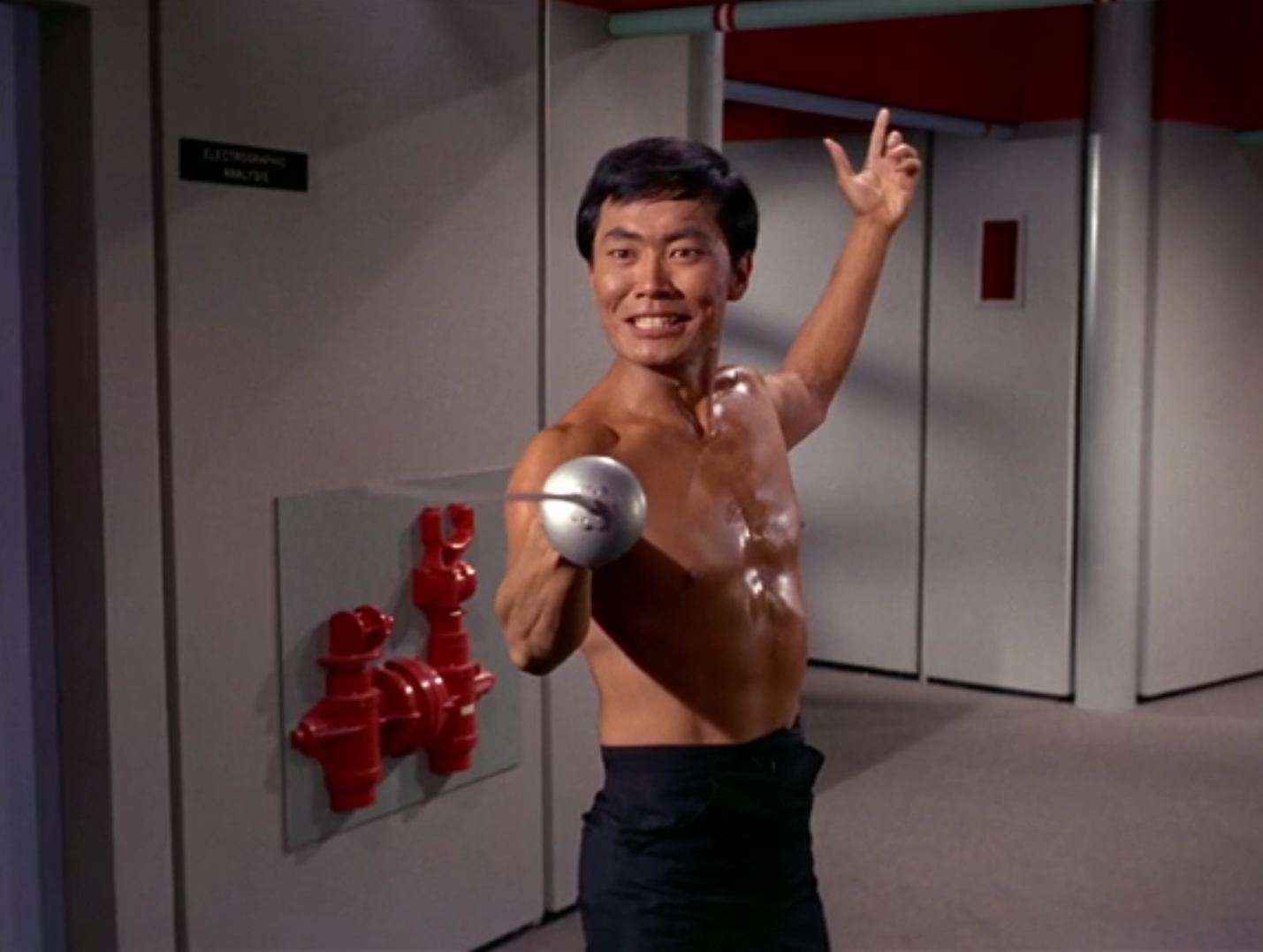

It goes along with how they've stopped calling it a user interface and started calling it a user experience. Interface implies the computer is a tool that you use to do things, while experience implies that the things you can do are ready made according to, basically, usage scripts that were mapped out by designers and programmers.
No sane person would talk about a user's experience with a socket wrench, and that's how you know socket wrenches are still useful.